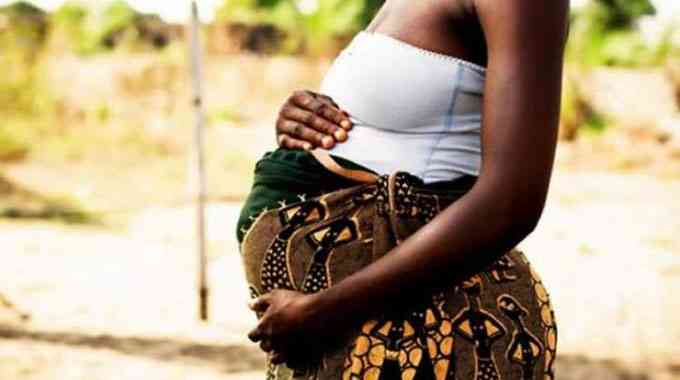
BY PHYLLIS MBANJE THE Medicines Control Authority of Zimbabwe (MCAZ) yesterday described as “reckless” and “misleading” recent reports suggesting that a Bulawayo woman could have her hands and feet amputated due to the adverse effects of a COVID-19 jab she took in July this year.
Twenty-six-year-old Cleopatra Ncube from Cowdry Park claimed that she received a Sinovac jab on July 27 and immediately fell sick.
In a video that has gone viral on social media, Ncube claims her health deteriorated soon after receiving the jab and had to be admitted to hospital for two weeks as her hands and feet turned black.
She says a doctor at a private health facility in the city told her that both her hands and feet would need to be amputated.
Ncube, a mother of one, said she was now appealing for financial assistance for treatment and her upkeep.
“I have no plan at the moment, but I am appealing for assistance since I can no longer fend for myself,” she said.
The MCAZ said it was aware of the issue, adding that in the absence of a proper scientific assessment report prepared by qualified health experts, it was misleading and reckless to blame the Sinovac vaccine for her problems.
“The social media post was devoid of the necessary information for a definitive conclusion to be made that the injuries exhibited in the video are, indeed, linked to the COVID-19 vaccine,” MCAZ spokesperson Shingai Gwatidzo said.
- Chamisa under fire over US$120K donation
- Mavhunga puts DeMbare into Chibuku quarterfinals
- Pension funds bet on Cabora Bassa oilfields
- Councils defy govt fire tender directive
Keep Reading
“For the case in question, an AEFI (adverse events following immunisation) report should be submitted, with the guidance of qualified healthcare practitioners. The report must contain COVID-19 vaccine information (batch number, expiry, date and time of vaccination) and relevant patient information prior to vaccination.”
Gwatidzo said the report should also contain details of examinations undertaken and medical care given as well as details of vaccinations at the vaccination site and similar community reactions.
“Causality assessment will then be conducted to determine whether the vaccines are linked to the suspected AEFIs reported.”
Gwatidzo said the majority of the AEFI reports received by MCAZ were consistent with the safety profile of the vaccines.
He said the usual side effects were headache, dizziness, fatigue, general body weakness, itchy skin, itchy rash, chills, sore throat, runny nose, blocked nose, sneezing, nausea, injection site pain, numbness of the injected arm, chest pain and others.
“A few serious AEFIs were also reported and these included seizures, stroke, angioedema, deep vein thrombosis. Causality assessment is done for all received reports, to determine if the reported reaction could have been caused by the vaccine administered,” Gwatidzo said.
- Follow Phyllis on Twitter @pmbanje











